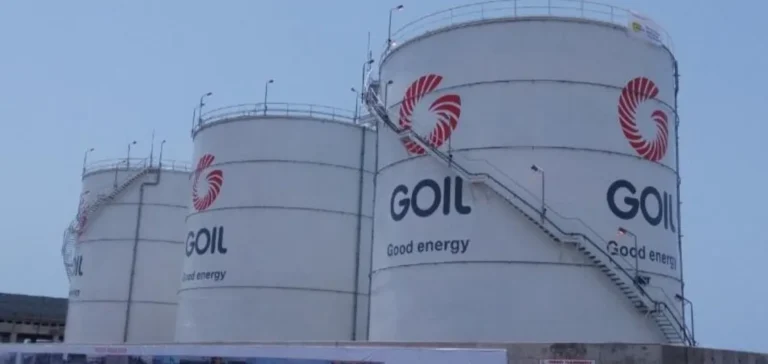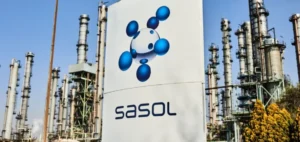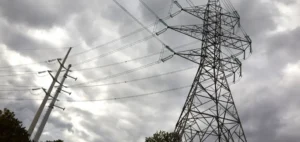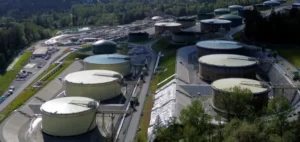GOIL PLC, one of Ghana’s leading fuel distributors, has announced a $50mn investment to increase its liquefied petroleum gas (LPG) storage capacity by 12,000 tonnes. The project aims to meet the country’s rising LPG consumption and reduce the risk of domestic supply shortages.
Infrastructure expansion and national coverage
The programme includes expanding existing facilities to accommodate new storage tanks and extending the service station network in key areas, including Accra and Kumasi. GOIL also plans to upgrade its logistics terminals, notably the one in Tema, which already features a modified bitumen terminal used for road applications.
According to the company’s management, these new facilities will extend storage coverage—currently limited to two to three weeks of national consumption—and provide more stable supply across the territory.
Steady growth in consumption
LPG demand in Ghana reached 317,465 tonnes in 2023, a 4% increase year-on-year, according to the Ghana Chamber of Bulk Oil Distributors (CBOD). For the first half of 2024, the National Petroleum Authority (NPA) reported consumption of nearly 161,000 tonnes, accounting for approximately 6% of petroleum products distributed.
The regulator noted that national reserves only covered 1.4 weeks of demand, highlighting the need for structural investments to strengthen the country’s energy security.
Digital distribution and regional reinforcement
GOIL is also incorporating digital solutions into its project by promoting electronic payment systems to enhance sales traceability and improve LPG access in rural areas. The company aims to optimise its distribution chain and expand its consumer base in regions less connected to conventional networks.
According to the Energy Commission, the governmental body responsible for energy planning, LPG accounted for between 7% and 8% of total energy consumption in Ghana in 2023. This ongoing shift is putting pressure on existing storage infrastructure, prompting sector stakeholders to invest in supporting the transformation of the domestic energy market.






















